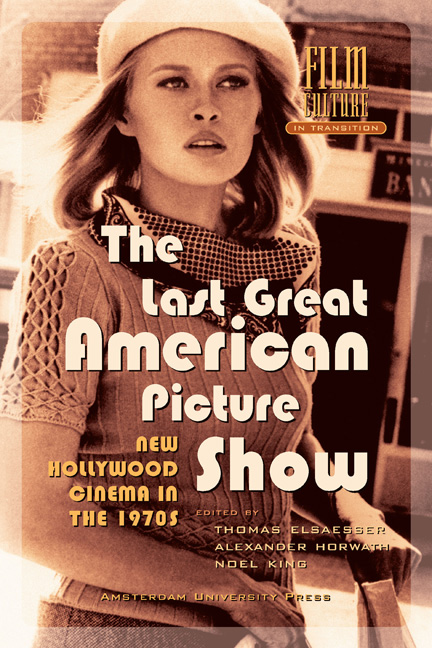Auteurism and War-teurism: Terrence Malick’s War Movie
Published online by Cambridge University Press: 25 January 2021
Summary
If this were a movie, this would be the end of the show and something would be decided. In a movie or a novel they would dramatise and build to the climax of the attack. When the attack came in the film or novel, it would be satisfying, it would decide something. It would have a semblance of meaning and a semblance of an emotion. And immediately after, it would be over. The audience could go home and think about the semblance of the meaning and feel the semblance of the emotion. Even if the hero got killed, it would still make sense. Art, [Private] Bell decided, creative art – was shit.
James Jones, The Thin Red LineAt one point in Terrence Malick's THE THIN RED LINE, just before a battle we see a shot of a natural world followed by a shot of Colonel Tall (Nick Nolte) who intones a phrase in Greek and then tells his soldiers that it's the “rosy-fingered dawn” phrase from Homer's Odyssey.With this reference, THE THIN RED LINE does two slightly different things – things that suggest the complicated situation of the war film in today's culture. On the one hand, THE THIN RED LINE clearly wants to take up identity as an epic of war – a film of vast sweep with great means and great pretence. On the other hand, the use of an explicit ‘citation’ to ‘declare’ the film's lineage to an epic antecedent seems a resolutely postmodern gesture: like all major war films today, THE THIN RED LINE is an ersatz work, aware of fictionality, aware of tradition, only able to make itself seem traditionally a war film by fictionally declaring itself to be so. Like a speech-act which brings about a state of affairs by announcing that it is bringing about that state of affairs, THE THIN RED LINE isn't naturally an epic but constructs itself as one. Indeed, is it accidental that so many big war films of recent years emphasise the cost and effort that went into their production as if to reiterate the extent to which they build up narrative worlds and also build up the world views they subtend? Not naturally, but through immense creative human effort, they bring their war fiction into being.
- Type
- Chapter
- Information
- The Last Great American Picture ShowNew Hollywood Cinema in the 1970s, pp. 267 - 276Publisher: Amsterdam University PressPrint publication year: 2004

